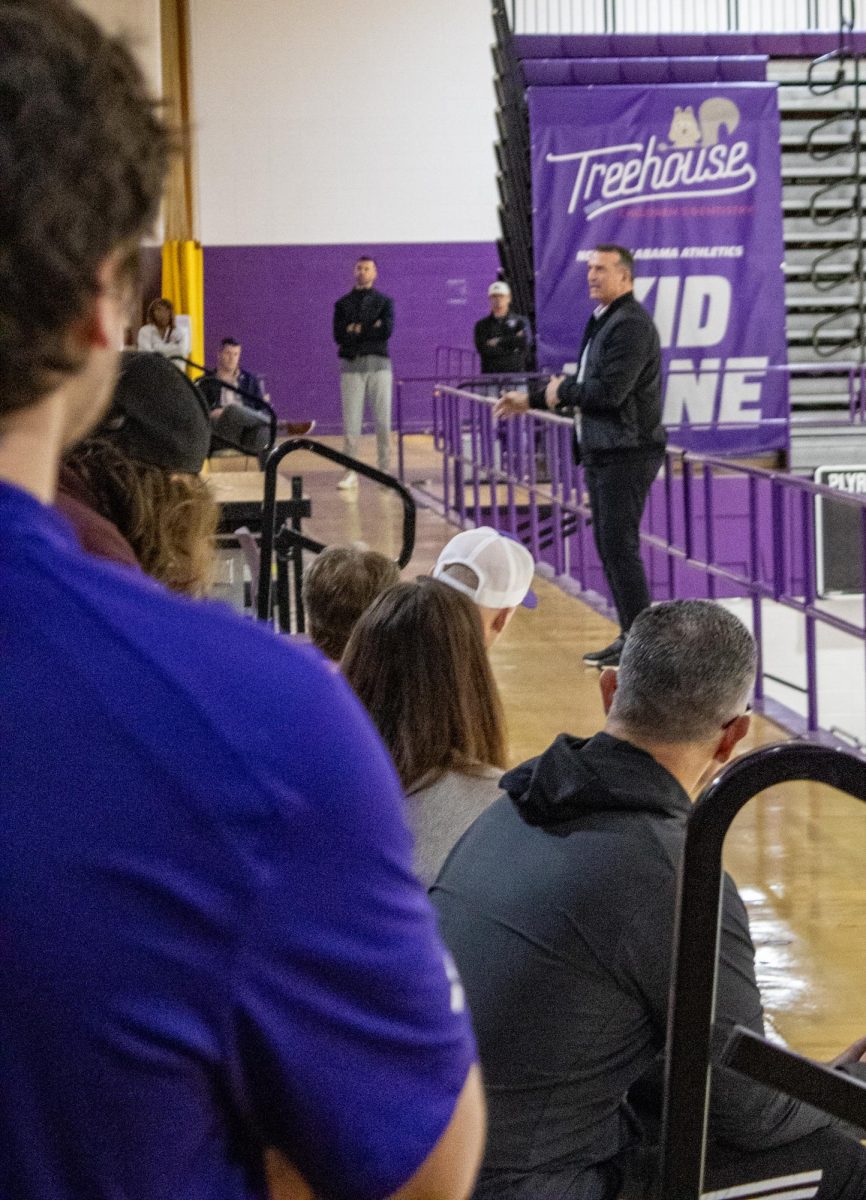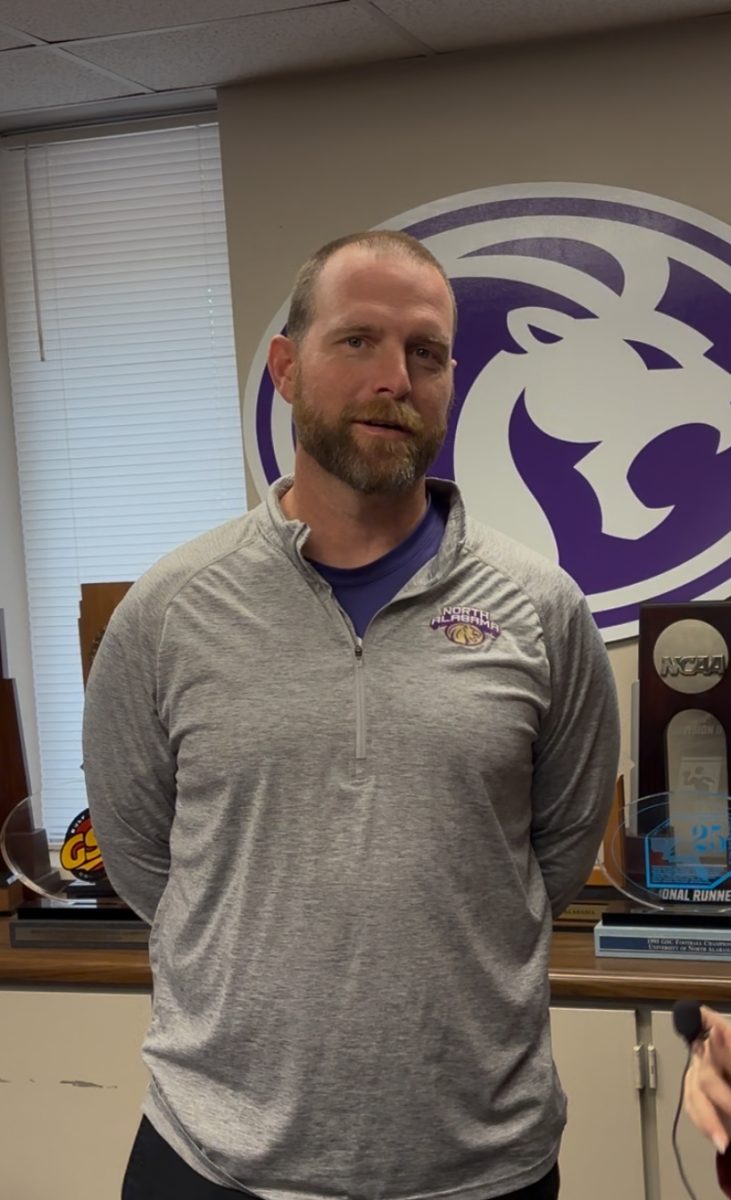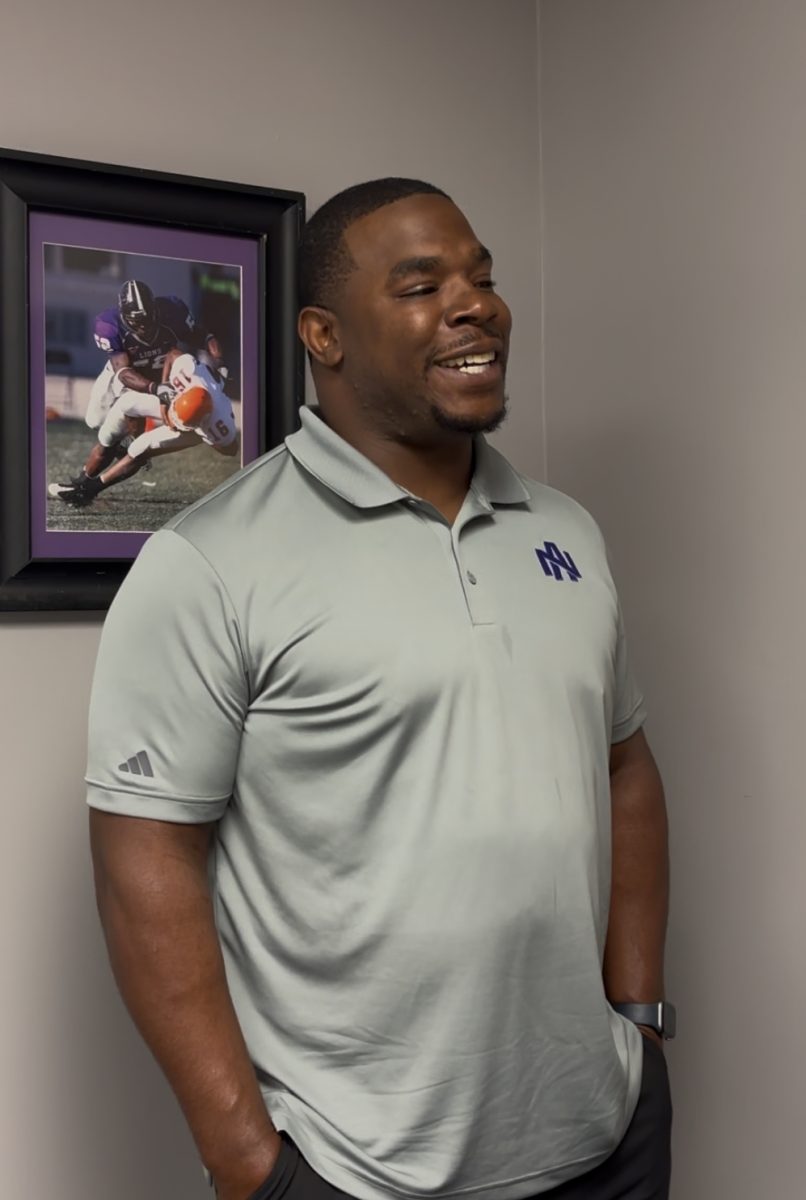Chris Herren, former American basketball player, has faced the struggles of addiction for the entirety of his life. After dealing with the tragedy that addiction entails, he decided to turn his story into a renowned lesson for all young athletes.
Herren grew up in a home with an alcoholic father but refused to let that stop him from pursuing a career in basketball. He played at Boston College where he made the cover of Sports Illustrated, but his dream fell short the moment he first used drugs at 18 years old.
After playing a couple of seasons in Fresno, California, he entered rehab for the first time at 21 years old. Like so many others struggling with addiction, this would not be the last time he went to a rehab center for help.
Herren’s dream officially came true when he was the 33rd pick in the NBA for the Denver Nuggets. He mentioned how welcoming his teammates were, and how they sympathized with his situation. Taking him under their wing, his teammates laid out rules for him, such as checking on him at nights after games. Herren gave homage to those teammates and said, “That was the best season I ever had.”
Unfortunately, Herren resorted back to using, unbeknownst to him that pills would soon change his family’s lives forever. He went on to play for the Boston Celtics, noting that this particular season would be the “nightmare beginning.”
After moving to Europe to play for different teams, he faced his first overdose at 24 years old.
“I would chase death for that feeling,” said Herren.
He noted the toll it took on his family and his friends, acknowledging the embarrassment he assumed they had for him, but he continued using drugs when he came back to the States.
Herren noted how painful his professional basketball career truly was.
“Any memories of my career are far outweighed by the serious addiction I was battling,” Herren said.
At 27 years old, he reclaims roaming the streets in his hometown, feeling “broken” and looking for anything he could get his hands on. On June 4, 2008, Herren faced his fourth overdose where he was arrested and taken to a hospital. Sadly, it was there at the hospital Herren fell victim to the stigma so many have when it comes to addicts. A nurse said something along the lines of “get this junkie out of here,” to which the police officer in the room retorted, “You should be ashamed of yourself.”
Herren faced the struggle of seeing the harm he had brought to his family, but also the reality of his situation from people who looked up to him. The weight of his situation caused him to contemplate suicide at 32 years old; he instead checked into a rehab facility when someone told him that his basketball career may be over, but he still had a chance to be a father to his two children.
After being in the facility for some time, he received a call from his wife who said she forgave him. It was this moment that prompted him to leave the facility and rush to the hospital where he witnessed the birth of his third child– this time being the first birth he witnessed sober.
Being with his family that night brought him a rush of emotions, but left him with a choice. At first, he left the hospital with the intention of relapsing. However, he found himself going back to the hospital, where he made a choice. August 1, 2008 marks Herren’s unwavering sobriety.
At 48 years old, Herren travels the nation speaking to young athletes on prevention education, prompting his audiences to think differently about addiction and who it affects. He has been doing this for just under 15 years.
“The greatest accomplishment of my life has been these last 15 years, not all those points I scored playing ball,” Herren said.
Just after one year of sobriety, Herren took his story to high school classrooms. These smaller talks turned into the Herren Project, an organization that serves to prompt individuals to make healthy choices but also serves to guide families through recovery.
His story continues to impact thousands, both with those struggling with addiction, and those family members and friends of addicts.
“So many times people focus too much on the last day, and forget about the first,” Herren said. “I just want everyone in this audience to slow down and understand who they are at this point in their life. If there’s some changes or pivots they need to make, I hope I can prompt them to do that tonight.”










